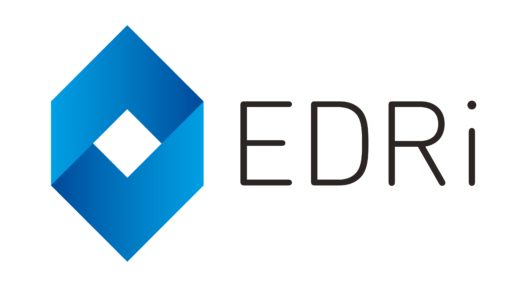data retention
Filter by...
-

ePrivacy: Civil society letter calls to ensure privacy and reject data retention
On 23 April 2017, EDRi, together with other civil society organisations, sent a follow up to our previous open letter to the permanent representations of EU Member States in Brussels. The letter highlighted the importance of the ongoing reform of Europe’s ePrivacy legislation for strengthening individuals’ rights to privacy and freedom of expression and for rebuilding […]
Read more
-

Hermes Center demands investigation of NAT-related data retention
On 27 March 2018, EDRi member Hermes Center for Transparency and Digital Human Rights filed a request with the Italian Data Protection Authority (DPA) to investigate on the widespread practice of logging Network Address Translations (NAT) by most of the telecommunication operators.
Read more
-

Europol: Delete criminals’ data, but keep watch on the innocent
Under the Europol Regulation, the agency must “support Member States' actions in preventing and combating forms of crime” such as terrorism and racism. However, much of the criminality that Europol works on is not harmonised on a EU level.
Read more
-

Czech BBA for Ministry of Industry and Trade for data retention
The winners of the 13th edition of the Czech Big Brother Awards were announced on 15 February 2018 in Prague.
Read more
-

Data retention “reflection process”: Council working documents
A number of “working documents” discussed as part of the Council of the EU's “reflection process” on the mandatory retention of telecommunications data have been released following an access to documents request submitted to the Council by EDRi member Statewatch.
Read more
-

EDRi-gram – 15 years of digital rights news (and counting)
15 years ago this day, on 29 January 2003, we published our very first EDRi-gram. To celebrate this occasion, we are looking back at the articles in this first newsletter.
Read more
-

Proposal to revoke data retention filed with the Czech Court
On 20 December 2017, EDRi member Iuridicum Remedium (IuRe) filed a request with the Constitutional Court of the Czech Republic to revoke the Czech data retention related legislation.
Read more
-

The UK discusses data retention again
Rather bizarrely, the UK appears to be taking a more diligent approach to the application of EU law on data retention than the European Commission. While the Commission sits on its hands as individual Member States adopt increasingly outlandish and illegal data retention proposals – such as a new Italian law that imposes data retention […]
Read more
-

Italy extends data retention to six years
On 8 November 2017, the Italian Parliament approved a Regulation on data retention that allows telecommunication operators to save telephone and internet data for up to six years.
Read more
-

EU Member States plan to ignore EU Court data retention rulings
Documents made publicly available through EDRi member Statewatch reveal that EU Member States are exploring all possible options to keep, and in fact expand, their current data retention regimes. The general plan is based on a new concept of ”restricted data retention”, which is really blanket data retention with a new name, along with amendments […]
Read more
-

Eurojust: No progress to comply with CJEU data retention judgements
A recently published Eurojust report on data retention in Europe confirms that EU Member States failed to make meaningful progress towards complying with fundamental rights standards, as clarified by the two Court of Justice of the European Union (CJEU) rulings banning blanket data retention.
Read more
-

Denmark: Targeted ANPR data retention turned into mass surveillance
Since mid 2016, Denmark has a nationwide automatic number plate recognition (ANPR) system with stationary cameras at 24 locations and mobile cameras mounted on 48 police cars. The ANPR system is currently being integrated with POL-INTEL, the new Danish system for intelligence-led policing (predictive policing), which is supplied by Palantir Technologies. Expansion of the ANPR […]
Read more
